HubSpot vs. Zoho: Which CRM is Best? [2025]
Over time, HubSpot CRM has gained popularity due to its seamless integration of business processes and user-friendly interface. As a cloud-based CRM, it combines content management, marketing, sales, and customer support. HubSpot’s ease of integration allows companies to adopt it quickly without major system changes. Its simplicity is a standout feature, making it accessible for beginners with its intuitive drag-and-drop interface and customizable dashboards.
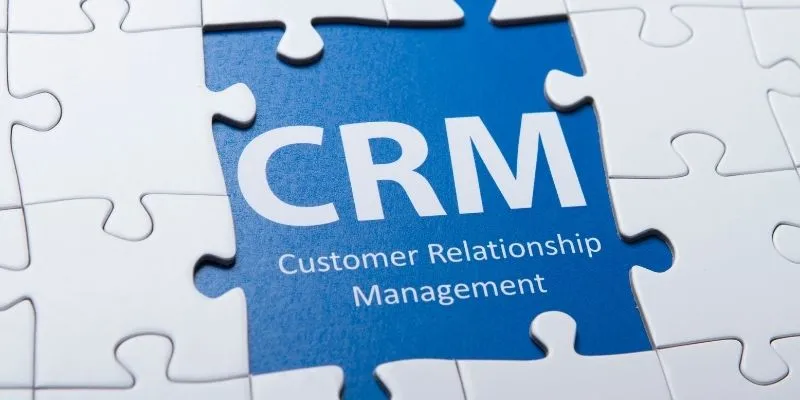
Understanding Zoho CRM: A Flexible and Affordable Solution
When searching for a cost-effective, customizable CRM solution, Zoho CRM often emerges as the best option. Users can personalize nearly every aspect of the platform to fit their needs, from fields and dashboards to processes. This level of customization is beneficial for complex businesses requiring specific features.
Another advantage is Zoho CRM’s pricing. It offers a free plan for companies with fewer than three users, and its subscription tiers start affordably while expanding in capabilities. Zoho CRM is ideal for small to mid-sized companies needing robust features without breaking the bank. Its compatibility with email marketing systems, accounting software, and social networking tools makes it a versatile choice for businesses using a variety of technologies.
HubSpot vs. Zoho CRM: Key Differences
The approach to customization and usage differs between HubSpot and Zoho CRM. HubSpot is praised for its simplicity and seamless integration of sales, marketing, and customer service solutions, making it suitable for businesses seeking a straightforward, user-friendly interface with minimal setup. HubSpot’s generous free tier, offering basic CRM capabilities, is beneficial for smaller companies or those new to CRM solutions.
In contrast, Zoho CRM allows businesses to tailor modules and processes to their specific needs. While its setup may take longer than HubSpot’s, Zoho offers more flexibility. For businesses needing advanced features, Zoho is often more cost-effective. However, the platform’s customization might require a steeper learning curve for companies without a dedicated CRM administrator.
HubSpot and Zoho CRM Costs
HubSpot pricing varies based on company size and needs. Its free CRM tools include lead management, task tracking, and email marketing automation. Paid plans start at $50 per month, offering advanced features like sales automation, custom reporting, and more integrations. As businesses grow, so do functionalities; the top-tier plan provides enterprise-level capabilities at a premium cost. For small businesses, HubSpot’s pricing might be prohibitive if needs change.
Zoho CRM provides more flexible pricing. It allows three users under the free plan, which includes workflow automation and lead management. The Standard plan costs $14 per user per month, less than HubSpot. Advanced pricing options from Zoho include add-ons for AI-powered analytics and smart integrations. Zoho is a cost-effective CRM solution for small and medium-sized businesses seeking customization without exorbitant costs.
Automation and Integration for Marketing
Both HubSpot and Zoho CRM excel in marketing automation, a crucial feature for modern CRM systems. HubSpot’s CRM marketing automation tools simplify lead generation and email campaign management. Its integration with HubSpot’s landing pages, email marketing, and SEO capabilities allows businesses to manage entire marketing campaigns without external tools. HubSpot’s detailed analytics enable users to track campaign performance and refine strategies.
Zoho CRM, on the other hand, integrates with Zoho Campaigns and other Zoho suite tools to offer a comprehensive marketing automation system. Businesses using Zoho CRM can still benefit from email marketing, social media integration, and customer segmentation. However, Zoho’s reliance on separate marketing automation solutions may complicate the setup. While this approach offers flexibility for companies using other Zoho products, it might not be as straightforward for those seeking an all-in-one solution.
Customer Support and Tools
Customer support is vital when choosing a CRM. While there are differences, both HubSpot and Zoho offer excellent support. HubSpot provides an extensive knowledge base, live chat, and email support. All users, including those on the free plan, have access to support to maximize their CRM’s potential. Business users can also avail of personalized assistance through premium memberships.
Zoho CRM offers phone, email, and live chat support, with different plans dictating the level of service. Higher-tier clients receive priority support, while lower-tier users might experience slower response times. Zoho’s user forums and extensive knowledge base provide valuable self-service support. For businesses interested in hands-on learning, Zoho offers monthly webinars and workshops to assist platform users.
Which CRM Do Companies Use?
Choosing between HubSpot and Zoho CRM depends on your business’s size, goals, and preferences. HubSpot is an easy-to-use CRM offering integrated marketing, sales, and customer service tools alongside CRM functionalities. Its free plan is suitable for startups and businesses needing CRM features without a premium subscription. HubSpot is ideal for companies focused on inbound marketing, thanks to its well-integrated marketing features.
Zoho CRM is an excellent choice for businesses requiring greater customization and flexibility, provided you’re willing to invest time in configuration. Its customizable reports, dashboards, and workflows cater to complex business needs. Zoho’s affordability, advanced AI tools, and integrations allow companies to scale without straining budgets. Although setup time is longer, Zoho’s flexibility offers long-term benefits for businesses needing a tailored CRM.

Conclusion
In conclusion, both HubSpot and Zoho CRM offer noteworthy features for businesses of all sizes. HubSpot stands out with its ease of use, marketing tool integration, and scalability, making it a fantastic one-stop solution for growing companies. Conversely, Zoho CRM is an excellent alternative for businesses seeking adaptability, affordability, and AI-powered functionality.
When deciding between HubSpot and Zoho, consider your company’s budget, marketing automation needs, and customization requirements. Understanding these attributes will help you make informed decisions, improve customer relationship management processes, and enhance your company’s growth and profitability.
Related Articles
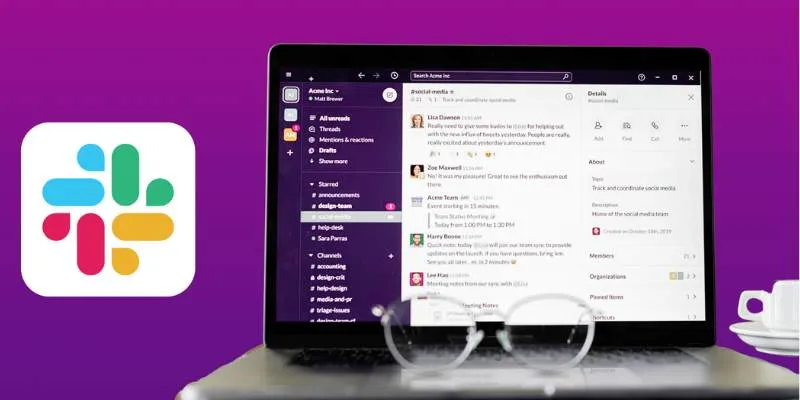
Top 10 Slack Automation Ideas to Boost Workflow Efficiency

The 24 Best Sales Tools to Supercharge Your Team's Performance

The 24 Best Sales Tools to Supercharge Your Team's Performance

Pipedrive vs. Salesmate: A Detailed Comparison to Find the Best CRM

6 Ways to Automate Security and Identity Tools for a Safer Business

OKR vs. KPI: Understanding the Differences and Using Them Together

How To Achieve Your Fundraising Goals Using Donately

SkedPal vs. Motion: A Detailed Comparison to Find Your Perfect Scheduling App

ActiveCampaign vs. HubSpot: Which CRM Best Fits Your Business Needs

Pixel vs. Dot Explained: Mastering Photo Resolution for Printing

Top HubSpot Alternatives for Small Businesses in 2025

How to Colorize Your Black and White Videos: 5 AI Tools You Should Try
Popular Articles

Simplify Your Life in 2025 with These Top Calendar Apps for iPhone

The Best Screen Sharing Software in 2025 for Smooth, Lag-Free Collaboration
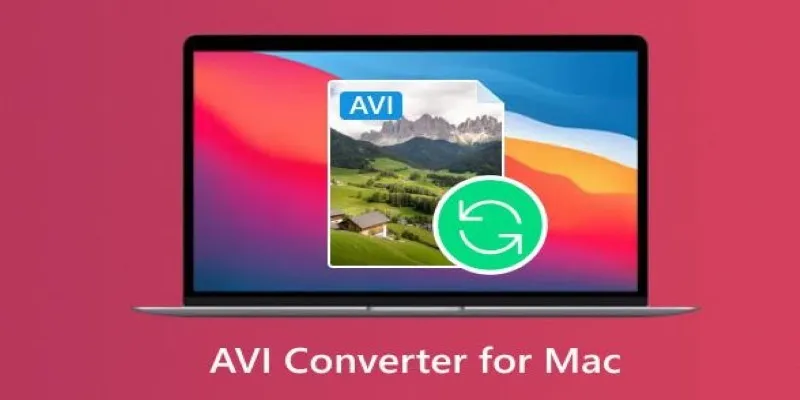
Top AVI Converters for Mac: 7 Popular Tools to Try in 2025

How to Use XLD for Windows to Convert Audio Files with Ease
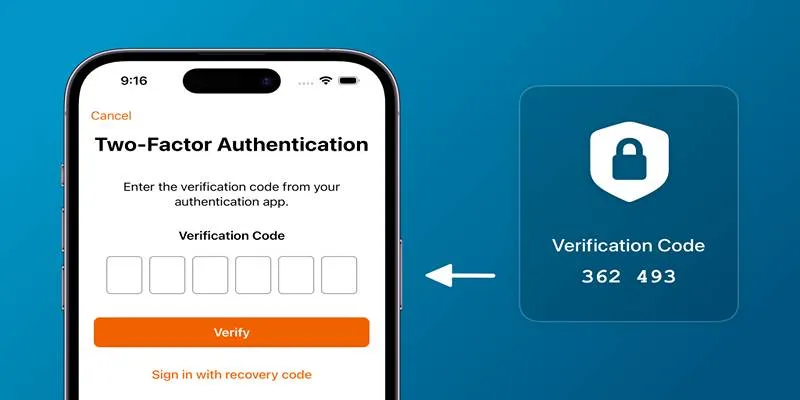
Step-by-Step Recovery Guide If Your 2FA Code Is Not Working
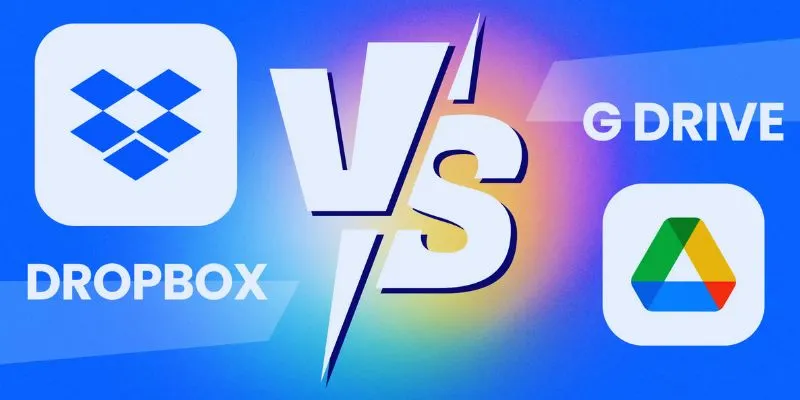
Dropbox vs. Google Drive: Which Cloud Storage Solution Fits Your Needs

Boost Your Productivity: The 10 Best Google Docs Add-Ons You Need

Top Transcription Tools in 2025 That Get the Job Done

5 Creative GitHub Automation Ideas to Try

VITA App: A Clean, Capable Video Editor for Quick and Stylish Content

The 6 Best Session Replay Tools in 2025 to Optimize Your User Experience

 mww2
mww2